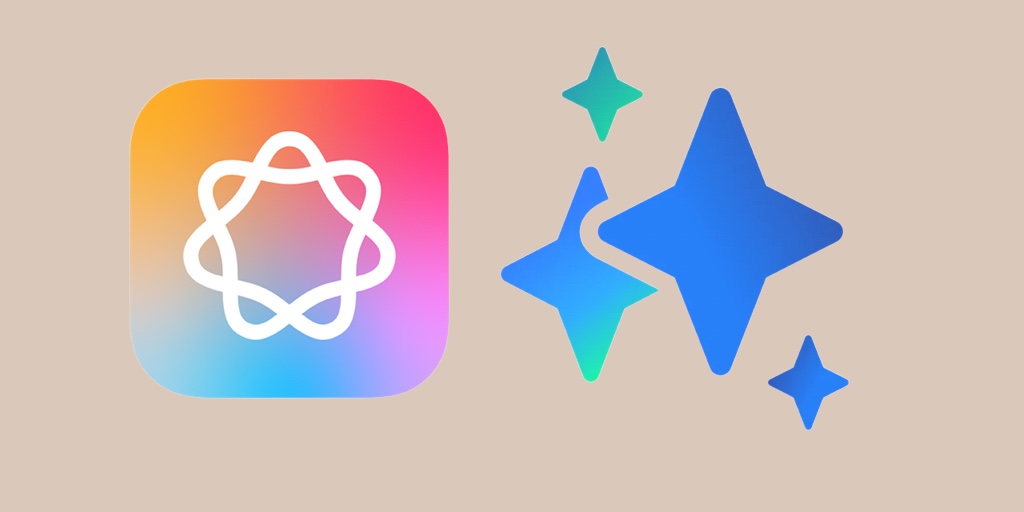The world of mobile technology is buzzing with excitement as Apple unveils its AI platform, Apple Intelligence, set to transform user experiences across iPhones, iPads, and Macs. With Samsung’s Galaxy AI already making waves, it’s time to compare these two AI giants. Get ready for an exhilarating dive into their functionalities, strengths, and unique features!
Enter the AI Era: Apple Intelligence vs. Galaxy AI
A Glimpse into the Future
Both Apple Intelligence and Galaxy AI are in their early stages, promising a future full of innovation and enhancements. While Apple Intelligence is still gearing up for its big debut with iOS 18, Galaxy AI, launched in early 2024, continues to evolve with exciting new features. This competition sets the stage for a thrilling race to outshine each other.
Apple Intelligence: Privacy and Personalized Creativity
Apple is all about privacy and on-device processing with Apple Intelligence. This means less data sent to the cloud and more secure user experiences. Apple’s generative AI not only protects privacy but also adds a fun twist to user interactions.
One of the standout features is the revamped Siri. Now smarter than ever, Siri can understand context and leverage OpenAI’s ChatGPT chatbot to provide more nuanced responses. This integration means you get a powerful assistant that doesn’t require separate accounts, bringing convenience and advanced functionality to your fingertips.
Galaxy AI: Breaking Language Barriers and Boosting Productivity
Samsung’s Galaxy AI is packed with features designed to enhance communication and productivity. Imagine having real-time call translation that breaks down language barriers effortlessly. This feature extends to messaging apps like WhatsApp and Instagram, making global communication a breeze.
But that’s not all. Galaxy AI also offers an interpreter mode for face-to-face interactions, transcribing spoken conversations in real-time without needing an internet connection. It’s a game-changer for international travelers and multicultural environments.
In the realm of image editing, Galaxy AI’s generative AI capabilities let you remove unwanted objects, create new backgrounds, and adjust subject placement within photos. It’s like having a professional photo editor in your pocket!
Elevating User Experience: Text and Information Management
AI-Powered Text Management
Both Apple Intelligence and Galaxy AI excel in text management and information access. Apple Intelligence offers call recording with transcription and summarization within the Notes app, making it easy to capture and revisit important call details. Plus, Apple’s writing tools can adjust the tone of emails and messages for more effective communication.
Galaxy AI matches this with its ability to summarize voice recordings and written content, pulling out key points from lectures, interviews, or long articles. The “Rodea to search” function adds a visual search experience, letting you find objects and images displayed on your screen with ease.
Unleashing Creativity: Personalized Content Creation
AI and User Creativity
Both AI platforms recognize the growing demand for personalized content. Apple Intelligence introduces “Genmojis,” allowing users to create custom emojis based on text descriptions. Whether it’s a “smiling face with cucumber slices over the eyes” or any other creative idea, Genmojis bring your imagination to life. Additionally, Apple’s generative AI can create personalized images for special occasions like birthdays.
Samsung’s Galaxy AI offers a similar tool for custom wallpapers, letting users create unique backgrounds based on text prompts. This feature injects a personal touch into device customization, making your phone truly yours.
Availability and the Road Ahead
Expanding Horizons
Samsung’s Galaxy AI launched with the Galaxy S24 series in January 2024 and has since rolled out to other devices, though feature availability varies by hardware. Apple Intelligence, still under development, is expected to debut with iOS 18, compatible with the iPhone 15 Pro and Pro Max models, and the upcoming iPhone 16.
The Future of AI Assistants: A Battle for Supremacy
The launch of Apple Intelligence heightens the competition in the AI assistant arena. Both Apple and Samsung offer compelling functionalities, each with distinct strengths. Apple focuses on on-device processing, user privacy, and contextual understanding, while Samsung emphasizes communication tools like real-time call translation and a robust interpreter mode.
As these platforms evolve, the battle for user loyalty will intensify. The ultimate winner will be the one that delivers the most seamless, intuitive, and innovative AI experiences. Users stand to benefit from this competition as both companies push the boundaries of AI-powered mobile technology.
Making the Choice: Apple Intelligence or Galaxy AI?
Personal Preferences Matter
Choosing between Apple Intelligence and Galaxy AI depends on your individual needs and preferences. Here are some questions to guide your decision:
- Privacy Concerns: If privacy is paramount, Apple Intelligence’s on-device processing might be more appealing.
- Communication Needs: For those who communicate across language barriers, Galaxy AI’s real-time call translation and interpreter mode are clear winners.
- Creative Features: If you love creating personalized emojis and images, Apple Intelligence’s “Genmojis” and AI image generation are fantastic.
- Search Preferences: Users who prefer a visual search experience might find Galaxy AI’s “Rodea to search” function more convenient.
The Evolution of AI Assistants
The introduction of Apple Intelligence marks a significant milestone in the AI assistant race. As both platforms mature, they will integrate more seamlessly with existing ecosystems, offer even more intuitive user interfaces, and continuously expand their feature sets. The future promises increasingly intelligent, personalized, and indispensable AI assistants, making our digital lives more dynamic and exciting.
Beyond AI: Additional Considerations
When choosing between Apple and Samsung devices, consider these additional factors:
- Hardware Integration: How well does the AI assistant integrate with the device’s hardware (camera, microphone, etc.)?
- App Ecosystem: Does the preferred platform offer a wider range of compatible apps that leverage the AI assistant’s capabilities?
- Overall User Experience: Beyond individual features, how intuitive and user-friendly is the overall experience with the AI assistant and the device itself?
By weighing these factors along with the detailed feature comparison, you can make a more informed decision between Apple Intelligence and Galaxy AI, ensuring the best fit for your tech needs and lifestyle.







